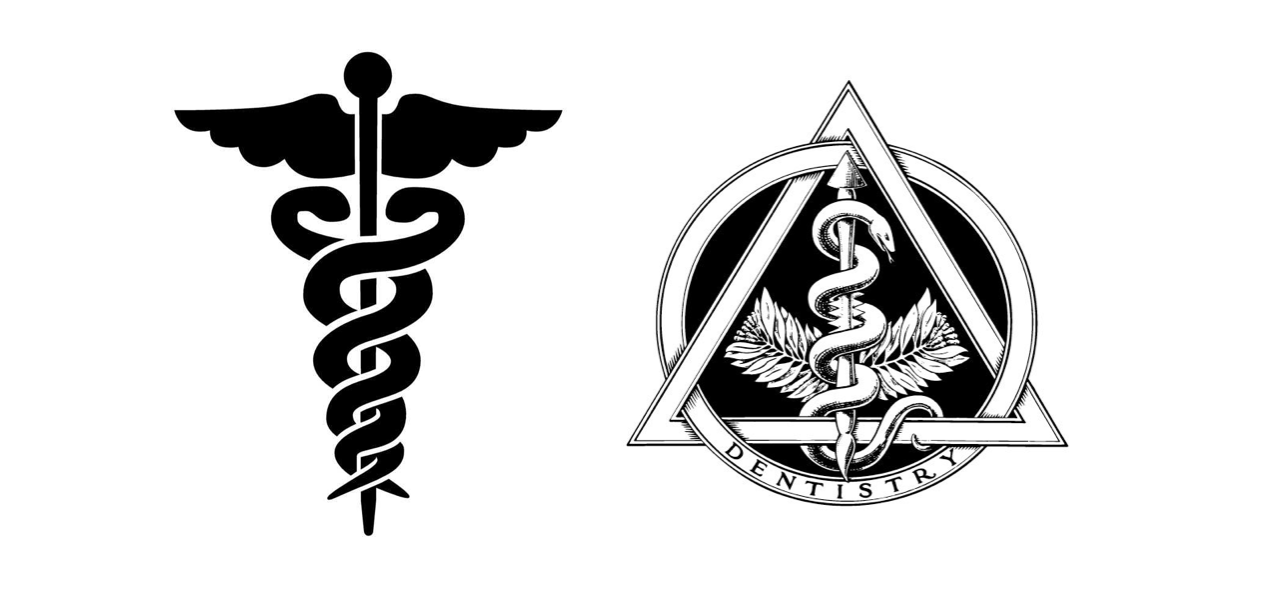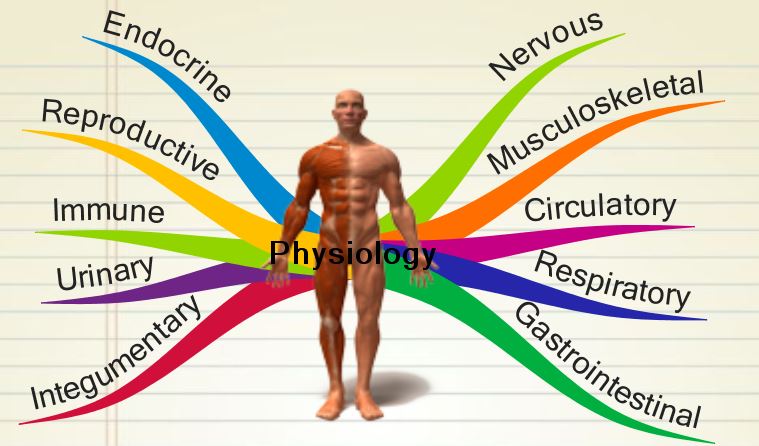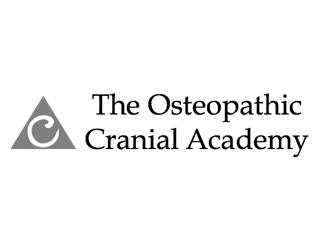
TMJ/TMD Disorders
- August 8, 2022
- devteam
- Integrative, TMJ
Temporomandibular joint disorders (commonly referred to as TMJ, TMD) are a family of problems, often painful, related to the complex jaw joint, the muscles of the head, neck, and shoulder, the dental occlusion (bite), and the nervous system. The presence of a temporomandibular joint problem can be associated with a wide variety of symptoms and varying degrees of pain and dysfunction. Individuals may experience painless clicking in the jaw joint or a list of seemingly unrelated medical problems. Its accurate diagnosis can prove to be a diagnostic challenge since many of the symptoms do not appear to be related to a disorder originating in the jaw joint. Many people who experience headaches, difficulty swallowing, restricted head, neck, and jaw mobility, migraines, neck pain, ear problems, dizziness, facial pain, fatigue, irritability, and depression can be suffering from TMJ related problems.
Trauma and injury to the jaw, head, and neck, stress, arthritic conditions, bite problems, clenching, and grinding are common causes. Inflammation and infection can also play a significant role in TMJ. Some patients live with TMJ problems for years before they become painful enough to seek help. Others develop symptoms suddenly.
Patients frequently find relief, significant improvement, and a better quality of life with TMJ therapy.


The Pioneers of Integrative Dentistry
Integrative Dentistry is a medical approach to dentistry that considers the effects dental treatments, dental…

Holistic and Biological Dentistry
Holistic and biological dental treatments work in harmony with the body’s natural ability to heal and…











